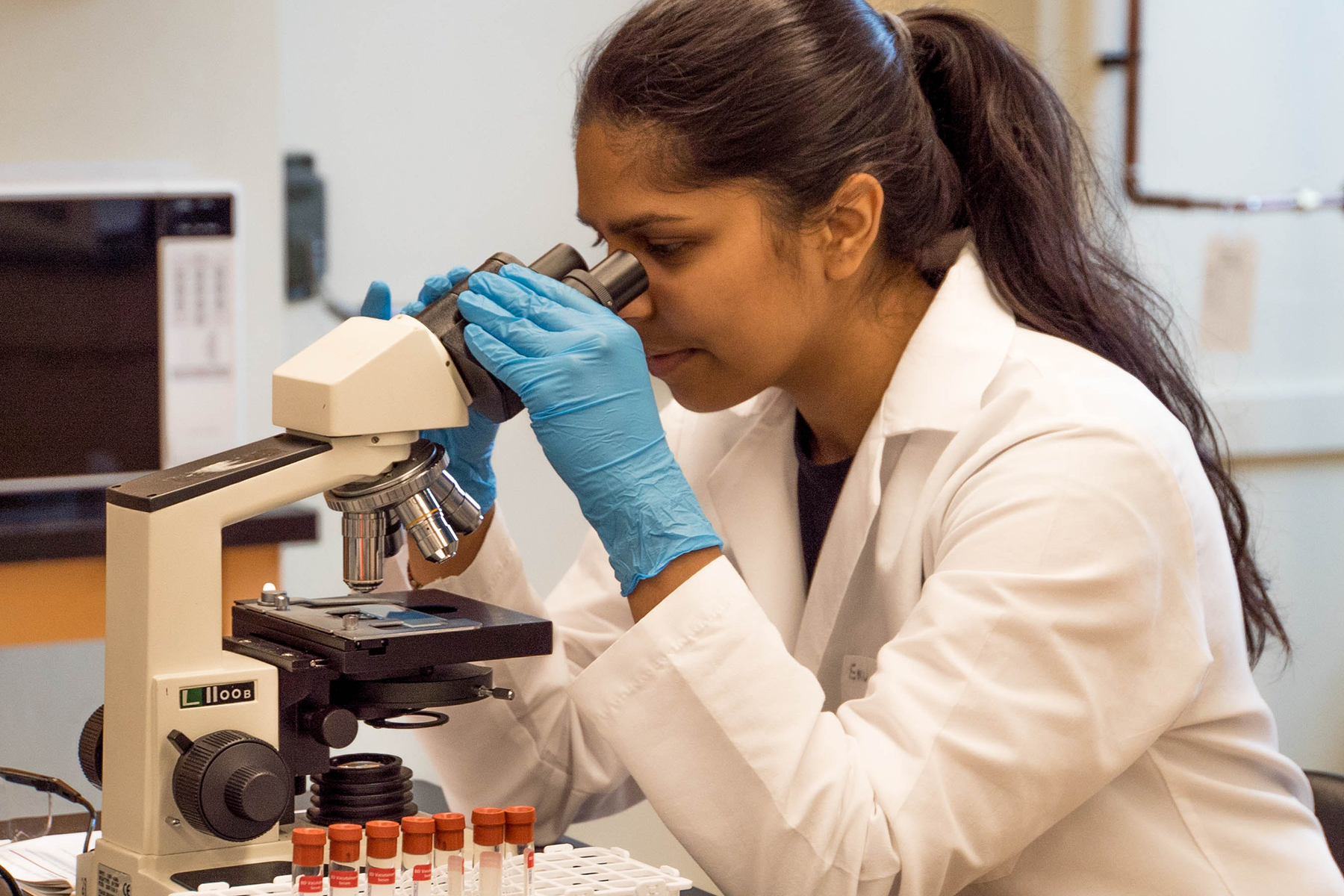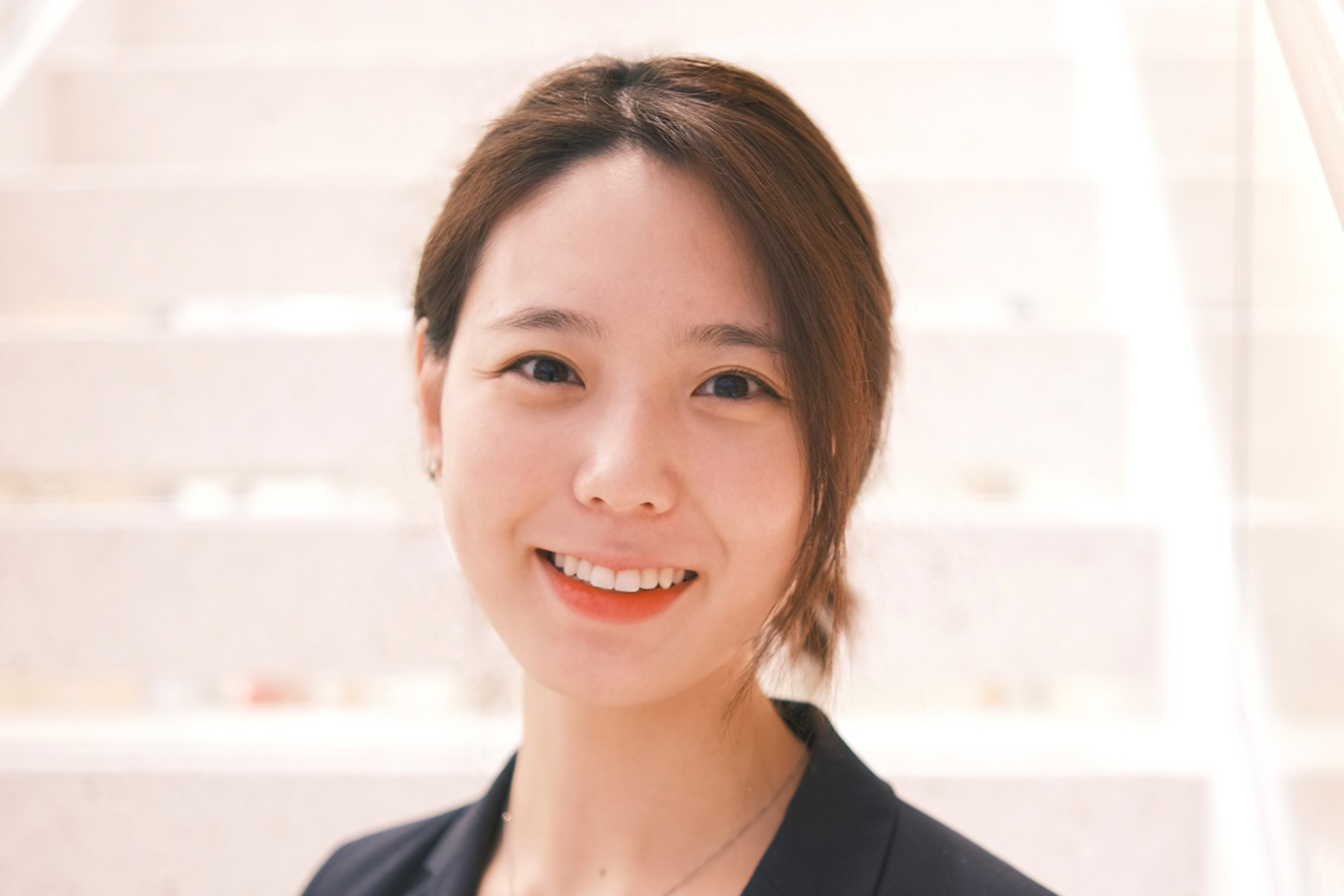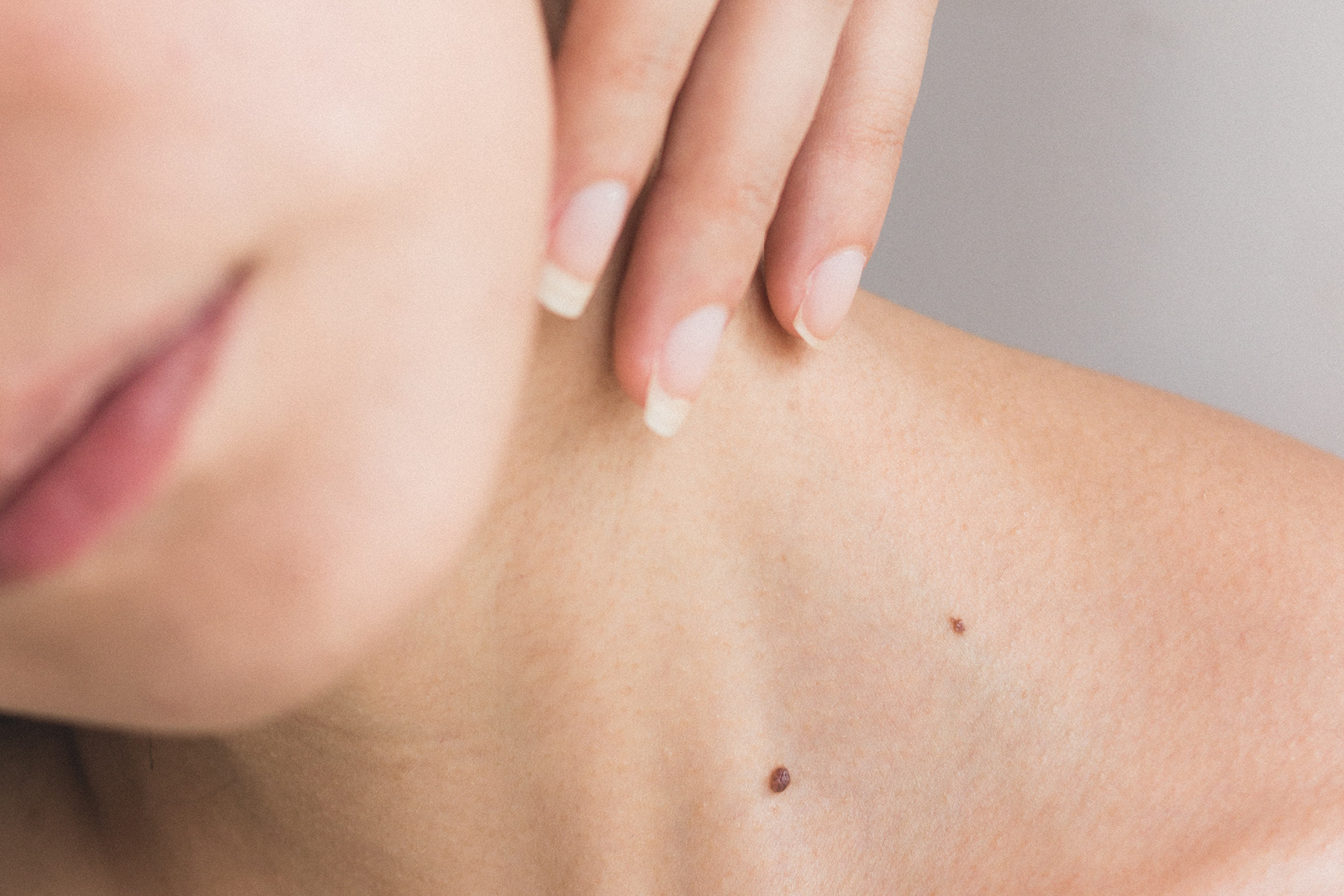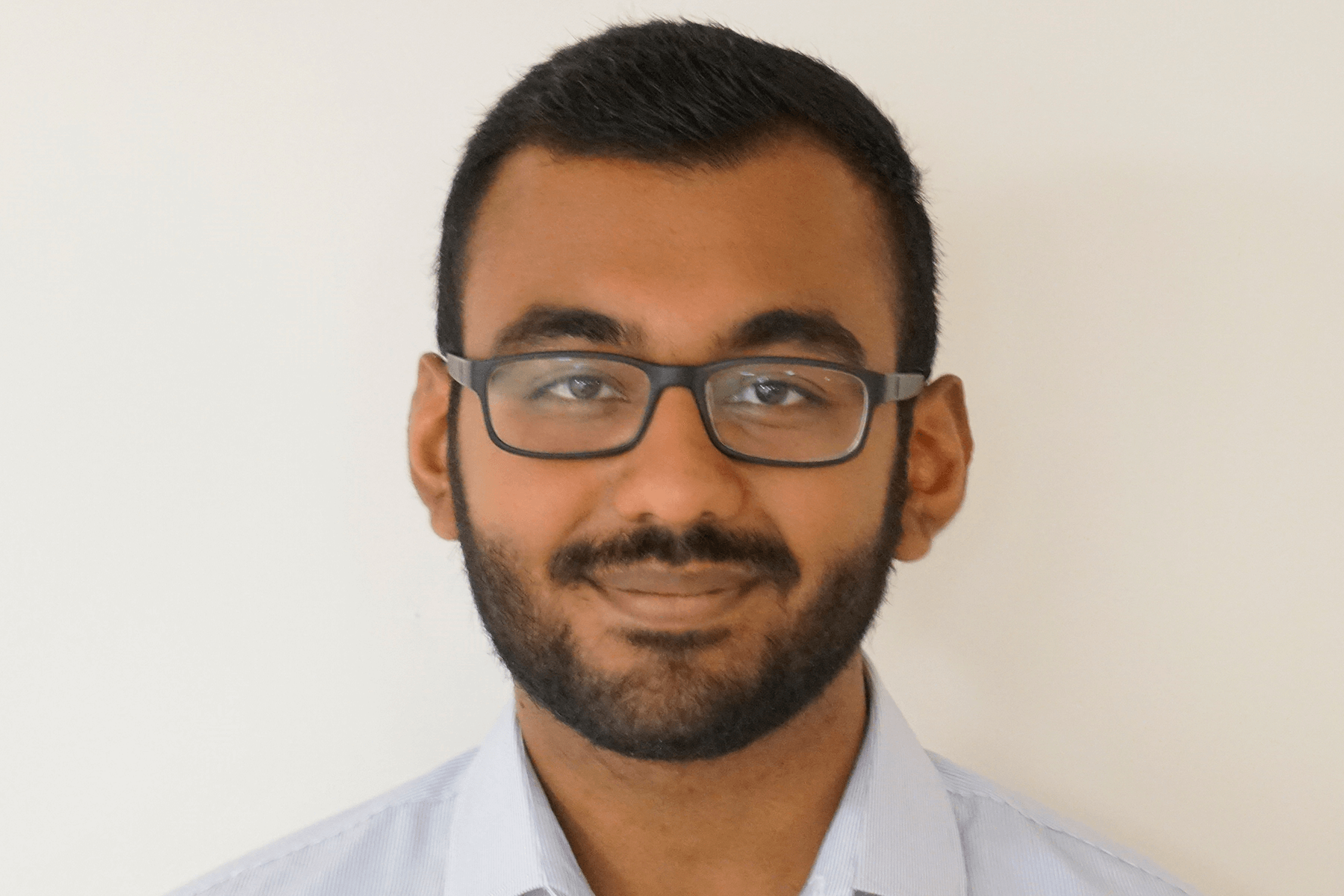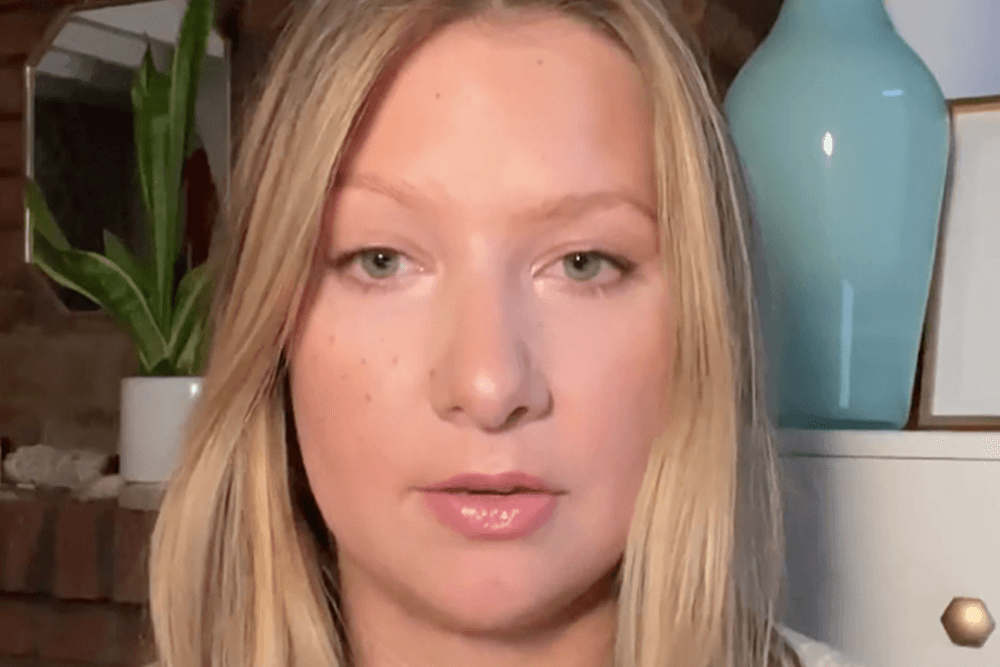The+Source
Melanoma only accounts for about 1% of all skin cancers diagnosed in the United States, however, it causes the most deaths of all skin cancers. An estimated 7,180 people in the United States are expected to die from the disease in 2021.
These statistics highlight the urgency to invest in advanced research to detect, prevent, control, and ultimately cure melanoma.
Memorial Sloan Kettering Cancer Center (MSK) is the world’s oldest and largest private cancer center and is renowned for its exceptional patient care and innovative research. MSK is one of 51 National Cancer Institute-designated Comprehensive Cancer Centers that boasts state-of-the-art science research with clinical studies and treatment.
To support their research efforts, Dr. Dennis Gross Skincare donated to Memorial Sloan Kettering Cancer Center, pledging a $100,000 contribution to fund melanoma fellowships.
The donation supports a year-long research fellowship for Yuna Oh, a medical student at Weill Cornell Medicine, with a passion for biotechnology. At Memorial Sloan Kettering, Yuna will be focusing her research efforts on expanding the clinical utility of reflectance confocal microscopy (RCM), a non-invasive imaging technology that captures in vivo photos and videos of the top skin layers in real-time to help physicians and scientists noninvasively visualize whether a lesion is suspicious or not before excising skin.
“Novel imaging technology like RCM within dermatology, as well as other specialties, has the potential to completely change how we diagnose, monitor, and treat various diseases and directly impact a patient’s life,” Yuna says. “I am excited to be at the forefront of technological innovations in medicine and actively work on their clinical applications.”
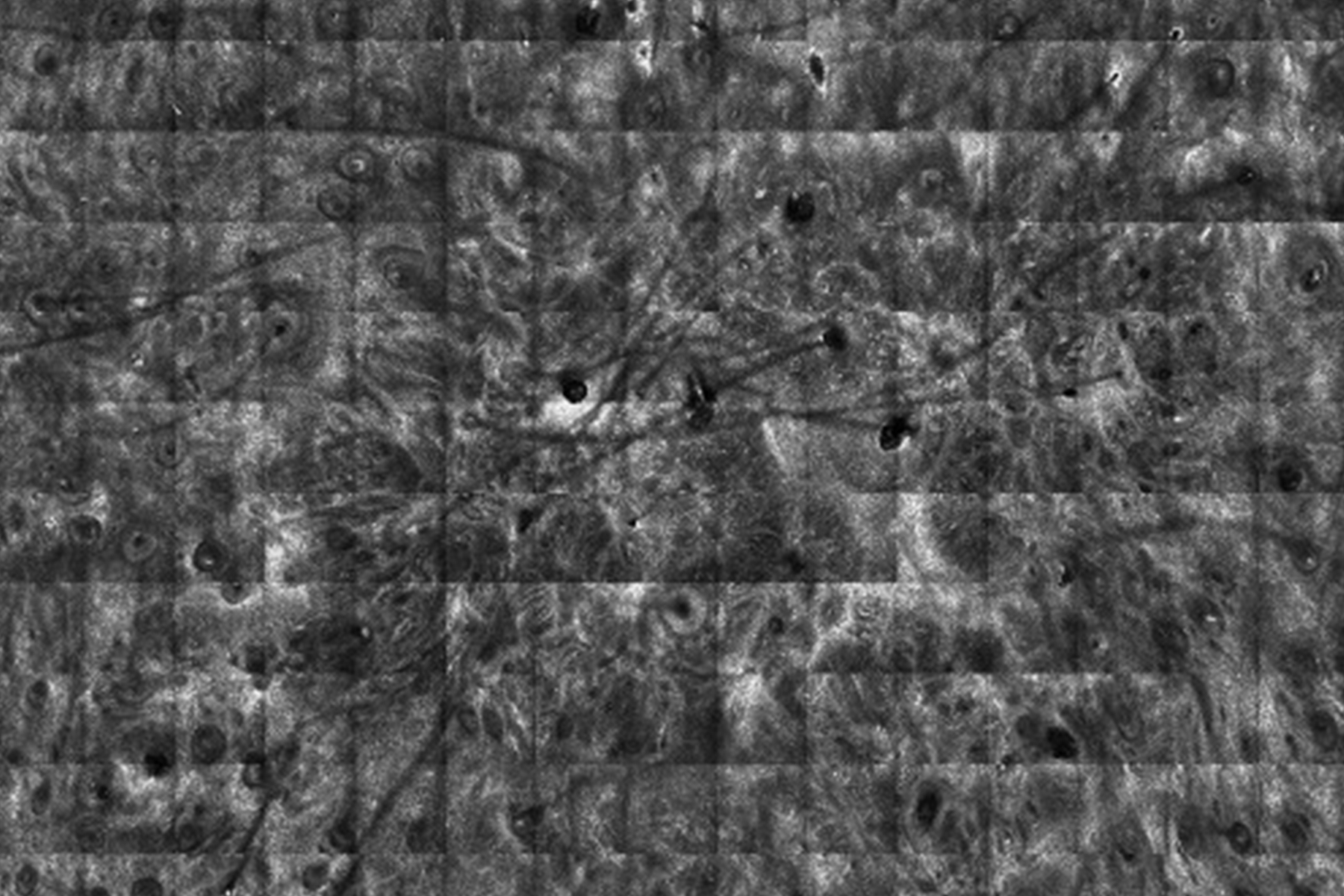
Traditionally, a 4-mm biopsy is needed to assess whether a suspicious spot is malignant or benign which leads to scarring. RCM is a hand-held, portable microscope that allows physicians to non-invasively visualize the underlying cellular architecture of a suspicious lesion at bedside, reducing the need for a skin biopsy. Yuna’s project focuses on RCM-guided micro-biopsy of melanomas: RCM is used to visualize the cellular architecture of melanomas at the bedside and precisely target a specific area of interest for a 1-mm micro-biopsy. The 1-mm biopsy samples are sent for downstream genetic and molecular analyses to help better understand the genes that drive the growth and spread of cancer.
“As an alumnus of MSK, I am honored to have the privilege to give back to the institution and support the critical research they are doing to develop skin cancer detection technology,” Dr. Dennis Gross, board-certified dermatologist and co-founder of the namesake brand, says. “I am excited by RCM’s potential to give key insights on the molecular makeup of melanoma – scientific breakthroughs that are going to save lives.”
“We are grateful for Dr. Dennis Gross Skincare’s generous donation to advance critical innovations in skin cancer research,” says Dr. Allan Halpern, Chief of Dermatology Service at MSK. “Support for fellowships such as Yuna’s is key to continue researching and developing technologies that will get us closer to our ultimate goal of curing cancer and saving lives.”
